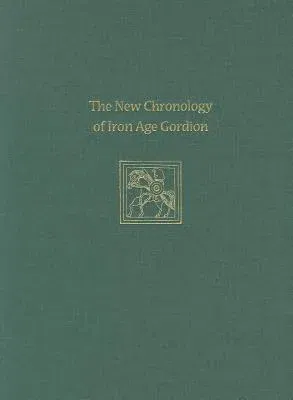The New Chronology of Iron Age Gordion argues that the history and
archaeology of the site of Gordion, in central Turkey, have been
misunderstood since the beginning of its excavation in the 1950s. The
first excavation director, Rodney Young, found evidence for substantial
destruction during the first decade of fieldwork; this was interpreted
as proof that Gordion had been destroyed ca. 700 B.C. by the Kimmerians,
a group of invaders from the Caucusus/Black Sea region, as attested in
several ancient literary sources. During the last decade, however,
renewed research on the archaeological evidence, within, above, and
below the destruction level indicated that the catastrophe that
destroyed much of Gordion occurred 100 years earlier, in 800 B.C., and
was the result of a fire that quickly got out of control rather than a
foreign invasion.
This discovery requires a reassessment of Anatolian history during the
entire first millennium B.C. and has serious implications for our
understanding of the surrounding regions, such as Assyria, Syria,
Greece, and Urartu, among others. The New Chronology of Iron Age
Gordion is the product of a multidisciplinary research program, with
dendrochronology and radiocarbon dating working hand in hand with
textual and artifact analysis, each of which is treated in a separate
chapter in this volume. All of these categories of evidence point to the
same conclusion and demonstrate that we need to look at Gordion, and
much of the ancient Near East, in a completely new way.
University Museum Monograph, 133

